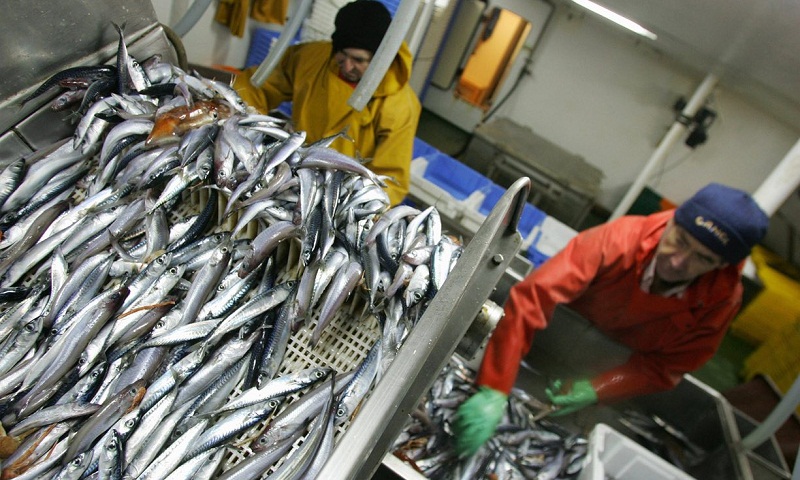Nine of world’s biggest fishing firms sign up to protect oceans

Voluntary initiative marks first time companies from Asia, Europe and US have joined together to stop overfishing, illegal catch and use of slave labour. Nine of the world’s biggest fishing companies have signed up to protect the world’s oceans, pledging to help stamp out illegal activities, including the use of slave labour, and prevent overfishing. The initiative will be announced on Friday, as part of the UN Ocean Conference this week in New York, the first conference of its kind at which member states are discussing how to meet the sustainable development goal on ocean health. Goal 14 of the roster requires countries to “conserve and sustainably use the oceans, seas and marine resources”. However, little has yet been done to set out concrete commitments on meeting this target. The UN is hoping countries, companies and organisations will set out voluntary plans this week to work on issues such as pollution, overfishing, the destruction of coastal habitats, and acidification. The Seafood Business for Ocean Stewardship (SeaBOS) initiative, supported by the Stockholm Resilience Centre, marks the first time that companies from Asia, Europe and the US have come together aiming to end unsustainable practices. Although the fishing industry is highly fragmented at the local level, with millions of small boats and subsistence fishermen, about 11 to 16% of the global catch goes to just 13 companies, who are thought to control about 40% of the most valuable and biggest species. Henrik Osterblöm, deputy science director at the Stockholm Resilience Centre, which brought the initiative together, said: “Sustainable marine ecosystems will be essential to feed a growing population, but the oceans are at risk. Seafood makes up 20% of the global intake of animal protein.” The nine fishing companies signed up to SeaBOS have a combined annual revenue of about $30bn (£23bn), making up more than one-third of that of the top 100 seafood companies. They pledged to eliminate from their supply chains any fish that could have come from piracy or other illegal sources. As much as half the world’s fish catch is thought to involve “black” or illegal fishing, where vessels trespass into other national waters, use illegal gear, catch more than their quota or target endangered species or fish for which they have no quota. These fish are often “laundered” to find their way into legal fish markets.

